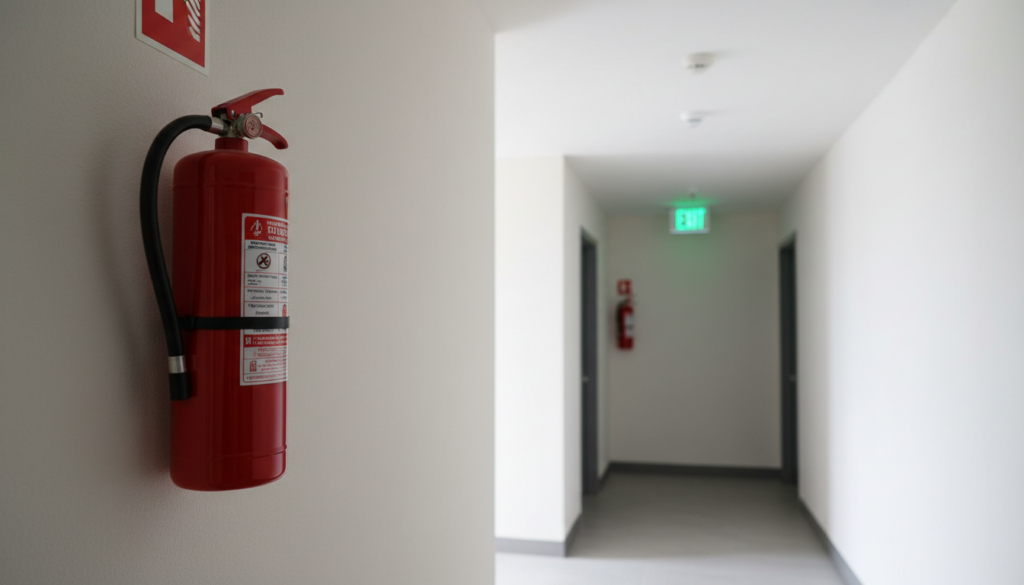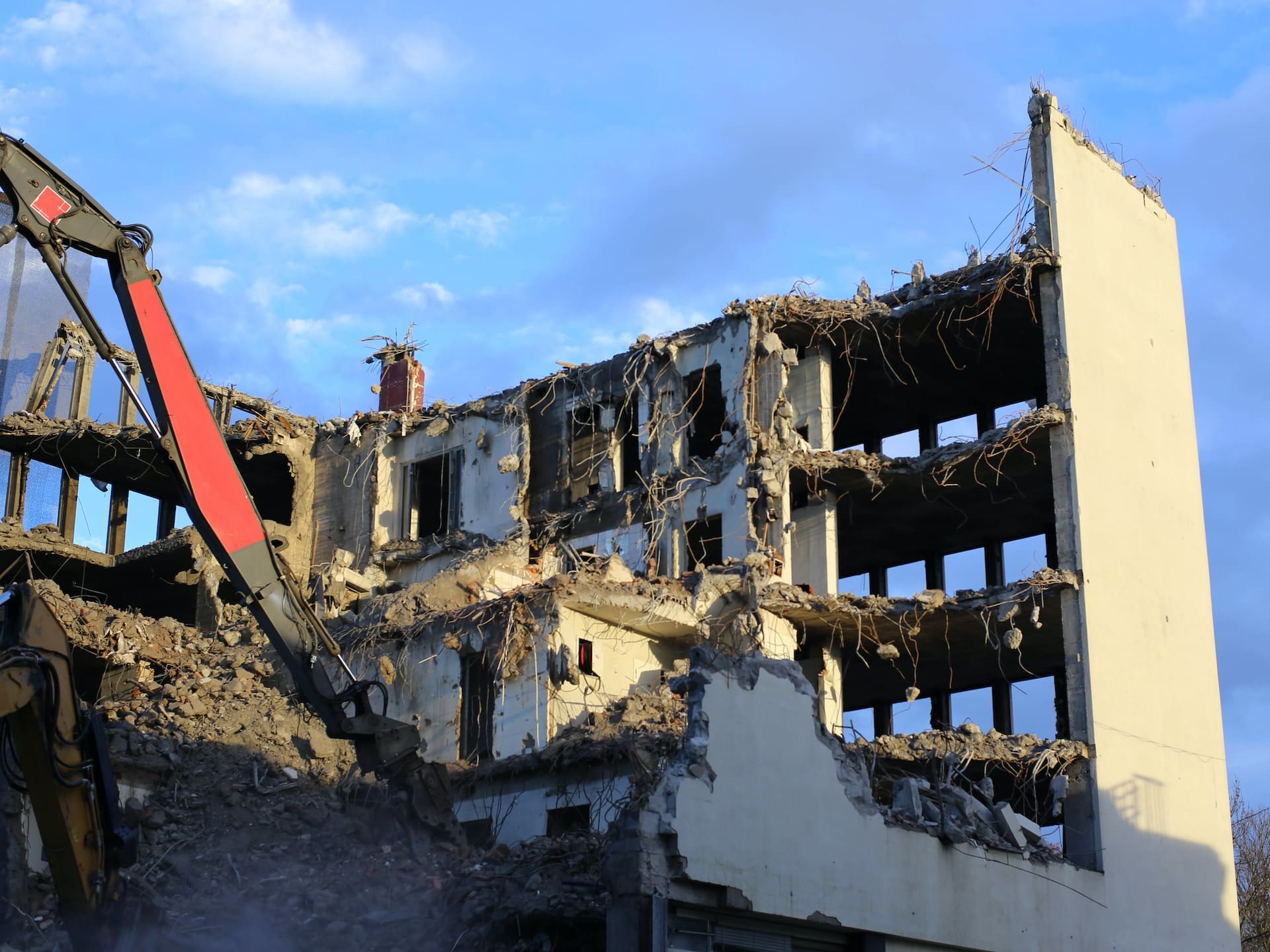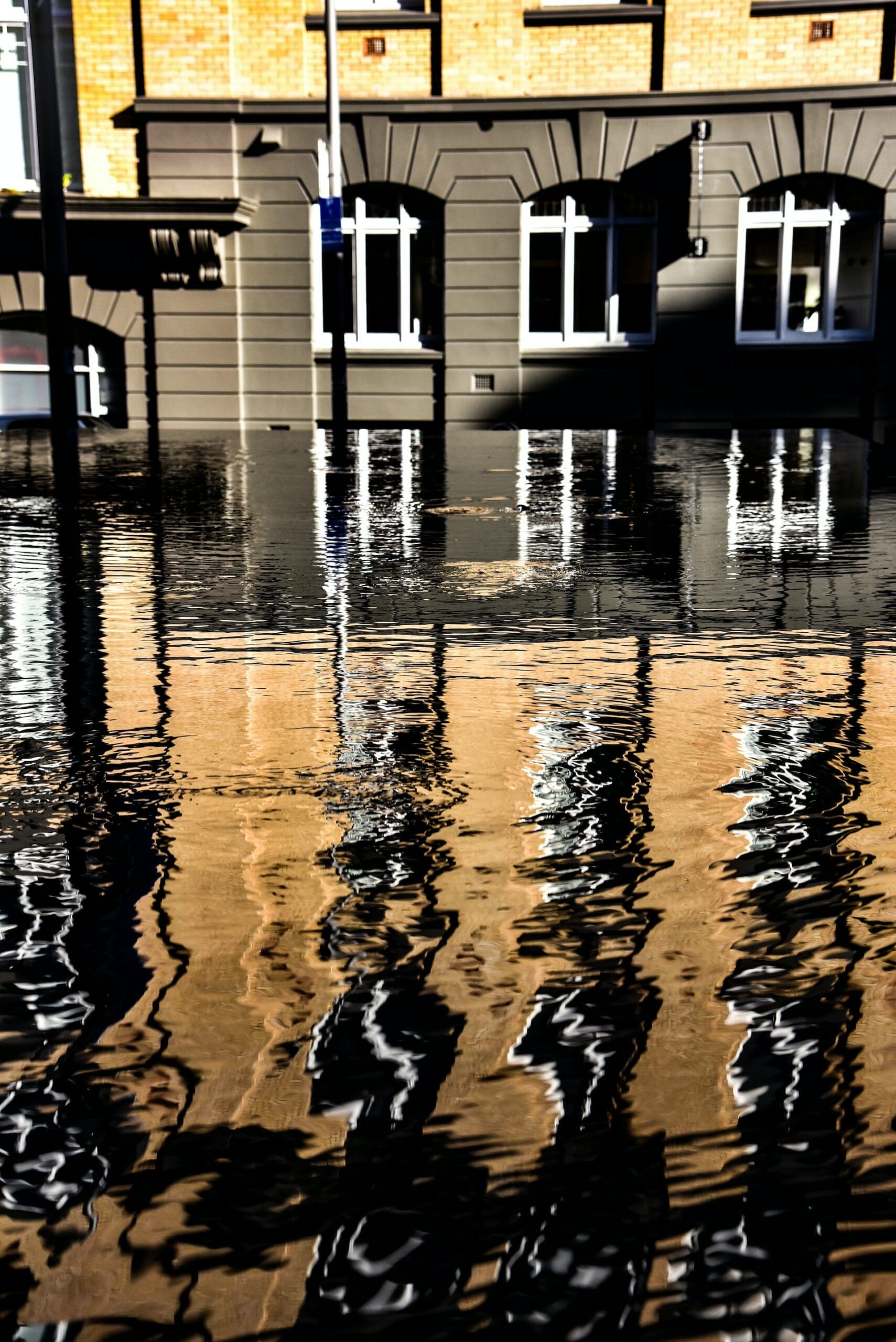As a renter, it is important to be aware of fire safety in your apartment building. Fires can happen at any time, and being prepared can make all the difference. In this guide, we will cover everything you need to know about fire safety in your apartment building.
Prevention
- Never leave cooking unattended. Cooking is the leading cause of residential fires, so it is important to never leave your stove or oven unattended while in use. Keep flammable materials away from the stove, including oven mitts and towels.
- Do not overload electrical outlets. Overloading electrical outlets can cause them to overheat and start a fire. Make sure to only use one high-wattage appliance per outlet and unplug appliances when not in use.
- Keep flammable materials away from heat sources. Flammable materials, such as curtains, paper, and clothing, should be kept away from heat sources such as space heaters, radiators, and candles. Make sure to also keep a safe distance between furniture and heating sources.
- Do not smoke inside your apartment. Smoking is a leading cause of fire deaths and injuries. If you must smoke, do so outside and make sure to properly extinguish your cigarette before disposing of it.
- Regularly check smoke detectors to make sure they are functioning properly. Smoke detectors should be installed in every bedroom, outside each sleeping area, and on every level of your apartment. Test them monthly and replace batteries at least once a year.
Preparation
- Know your building’s fire evacuation plan. Every apartment building should have a fire evacuation plan posted in common areas. Make sure to familiarize yourself with the plan and practice it.
- Have a fire extinguisher in your apartment and know how to use it. A fire extinguisher can be used to put out small fires before they become larger. Make sure to have one in your apartment and know how to use it properly.
- Create a fire evacuation plan with your family or roommates. If you live with others, create a fire evacuation plan together and make sure everyone knows what to do in case of a fire.
- Practice your fire evacuation plan regularly. It is important to practice your fire evacuation plan at least twice a year. Make sure to include any changes in the plan and practice different scenarios, such as escaping from different rooms in your apartment.
During a Fire
- Alert others in the building by activating the fire alarm. If you hear a fire alarm, leave your apartment immediately and alert others in the building to do the same.
- If possible, evacuate the building immediately. If you can safely leave your apartment, do so immediately. Use the stairs, not the elevator, and follow the posted evacuation plan.
- If you cannot evacuate, stay in your apartment and keep the doors closed. If you cannot safely leave your apartment, stay inside with the doors closed. Cover any gaps around the doors with wet towels or sheets to keep smoke out.
- Block any gaps around doors with wet towels or sheets to keep smoke out. If smoke is entering your apartment, block any gaps around the doors with wet towels or sheets to keep smoke out.
- Call 911 and let them know your location. If you are trapped in your apartment, call 911 and let them know your location. If possible, open a window and wave a brightly colored cloth or flashlight to signal for help.
After a Fire
- Do not enter your apartment until it has been cleared by the fire department. Wait for the fire department to clear your apartment before entering. Even if the fire is out, there may still be safety hazards such as smoldering embers or structural damage.
- Contact your landlord or property manager to report any damage to your apartment. Your landlord or property manager should be notified of any damage to your apartment as soon as possible.
- Check for smoke or water damage. Even if your apartment was not directly affected by the fire, it may have smoke or water damage.
- File an insurance claim if necessary. If you have renter’s insurance, contact your insurance company to file a claim for any damages to your personal belongings.
Conclusion
Fire safety is essential for everyone, but it is especially important for renters. By following these tips, you can help prevent fires and be prepared in case of an emergency. Remember to always be aware of your surroundings, practice fire safety, and take action immediately if a fire occurs. Your safety and the safety of others in your apartment building depend on it.
As a new home owner, I couldn’t have asked for a better company. Lou and his team made my hard situation an easy and stress…Read More » a month ago via Google Alisha T We recently had major water damage in our home, affecting the entire kitchen, dining room, and basement. Louis from Upper Restoration showed up quickly, assessed…Read More » 2 months ago via Google Cathy Choi We recently sustained some damage to our roof and our central air system due to a storm. Upper Restoration had to open our ceiling to…Read More » 2 months ago via Google Chimere Luke I had the pleasure of working with Upper Restoration and their incredible team during a recent project for my home after a flood, and I…Read More » 8 months ago via Google Lewis James Lirosi



